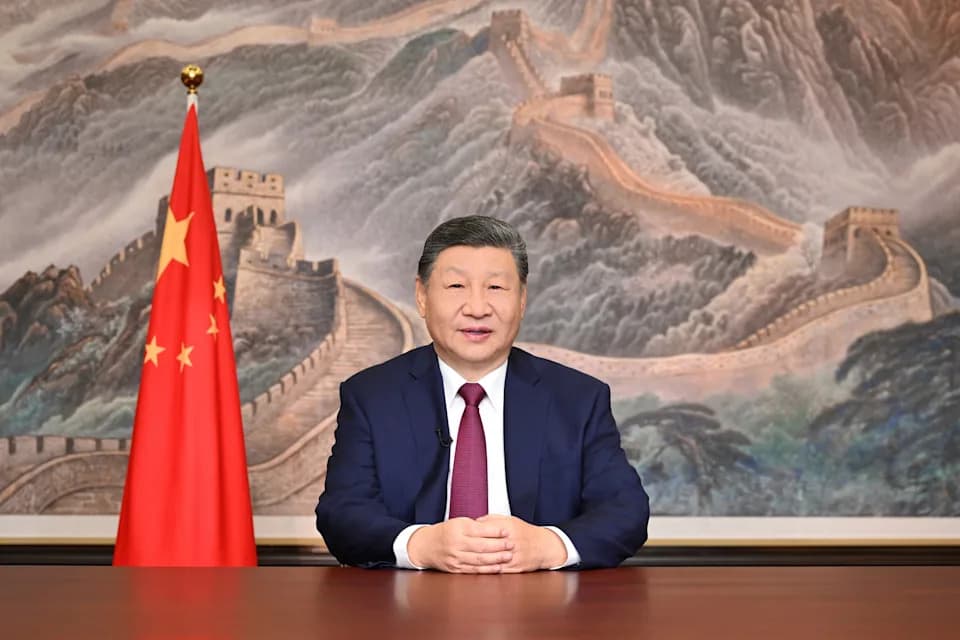Leading UK universities have formal partnerships with Chinese defence-linked institutions, including several in the so-called 'Seven Sons of National Defence'. Critics warn that even ostensibly civilian research can be repurposed under China’s military-civil fusion strategy, potentially aiding Beijing’s military modernisation. Some high-risk ties have been terminated, but many partnerships remain, prompting calls for stronger due diligence and clearer safeguards to protect sensitive knowledge and national security.
How UK Universities' Ties with Chinese Defence Institutions Could Feed Military Modernisation

Leading British universities maintain a web of formal partnerships with top Chinese institutions that critics warn may be helping Beijing modernise its military. While many collaborations are framed as civilian research in areas such as climate science, robotics and economics, security experts say those exchanges can be repurposed under China’s military-civil fusion strategy.
Partnerships and concerns
Several prominent UK universities, including Oxford, Cambridge and others, have documented links with elite Chinese defence academies often referred to as the 'Seven Sons of National Defence'. These Chinese institutions were established with mandates to advance national defence capabilities and list multiple formal relationships with overseas universities.
Examples include the University of Southampton’s joint institute with Harbin Engineering University, known for submarine and underwater drone research, which has published work on UAV ground detection and multi-ship coordination. The Beijing Institute of Technology lists partnerships with nearly 20 UK universities. Other collaborations cited in academic publications include work on coordinated UAV operations and optimising ship formations to improve air-defence effectiveness.
Security, due diligence and responses
University leaders maintain that international cooperation is governed by due diligence and internal safeguards and that many projects address non-military topics. Some institutions have said they do not support military research or have ended specific ties following scrutiny. At the same time, intelligence and security agencies have warned of growing risks from espionage and inappropriate transfer of sensitive technologies.
Sir Gavin Williamson, former UK education and defence secretary: "Universities can be too open and insufficiently alert to the risks, which can lead to theft or misappropriation of intellectual property and vulnerabilities in sensitive defence systems."
Analysts note that a broader ecosystem connects dozens of Chinese universities with state defence bodies: roughly 70 Chinese universities are reported to operate under the supervision of the defence agency known as SASTIND, and many others are linked to state-owned defence conglomerates. That network, they argue, increases the potential for civilian research to flow into defence applications.
Commercial ties and human-rights concerns
British universities have also engaged with Chinese companies that are subject to international scrutiny. Huawei, which is on a US trade blacklist, and other firms linked by rights groups to surveillance projects in Xinjiang have at times partnered with UK institutions. Some universities have since ended such partnerships; others suspended new sponsorships or tightened controls.
Cheryl Yu, China studies fellow: "Offshore innovation bases and joint programs can channel foreign expertise and technology into domestic industry and defence projects, particularly given China’s military-civil fusion strategy."
Policy environment and next steps
UK government departments encourage international collaboration that complies with national security policies and have moved to focus bilateral science agreements on lower-risk areas. In the US, naming problematic partnerships led several universities to terminate collaborations. Observers say the UK sector faces a choice between benefiting from global research ties and strengthening safeguards to prevent the transfer of sensitive knowledge.
This issue raises practical questions for university governance: how to balance academic openness and the financial and research benefits of international collaboration while protecting intellectual property, complying with national security frameworks and managing reputational and human-rights risks.
Help us improve.


































